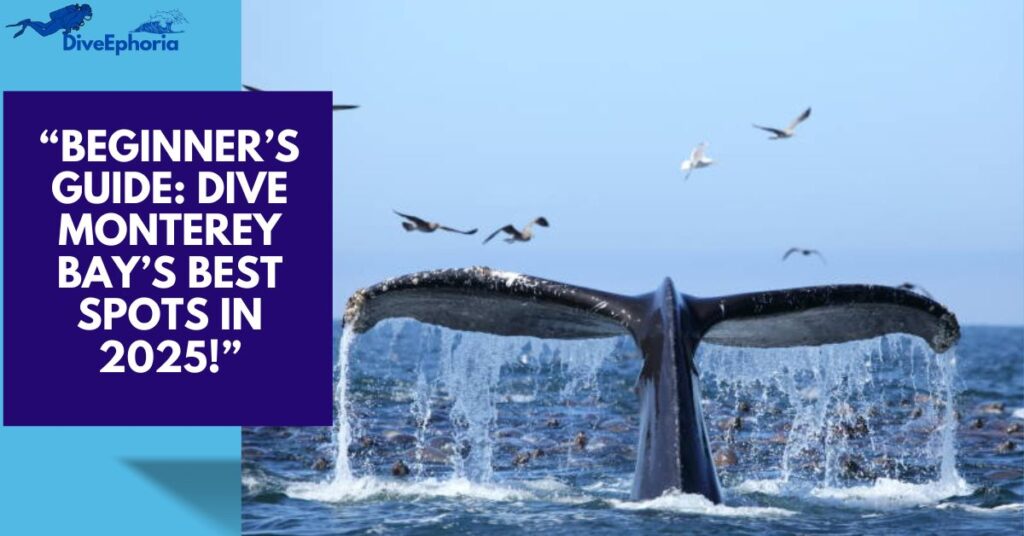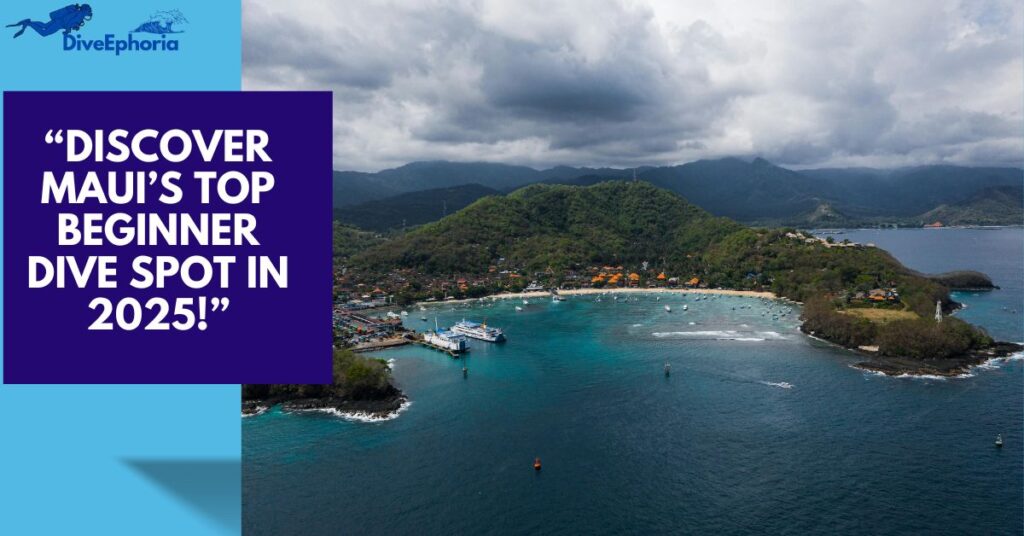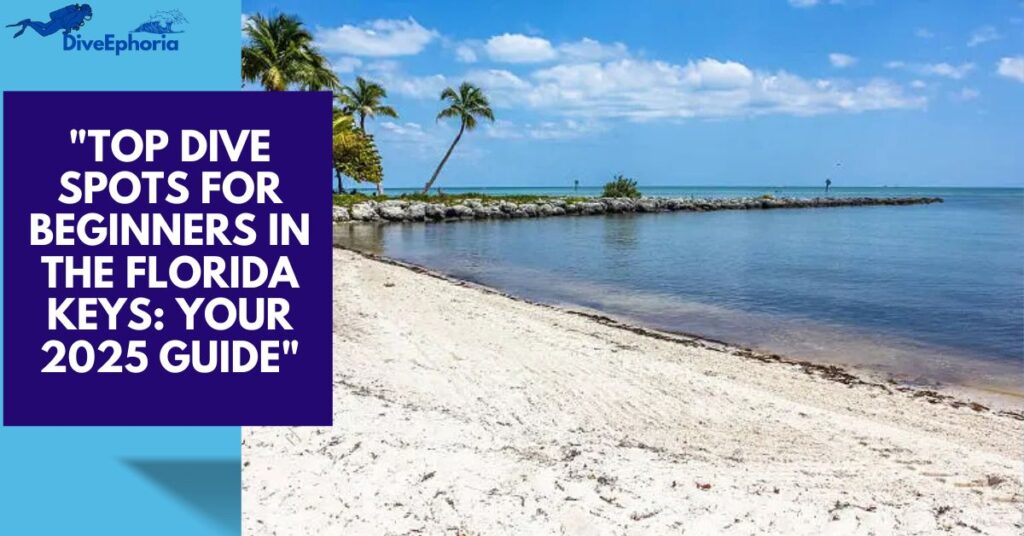
Table of Contents
Introduction
Are you ready to explore a vibrant underwater paradise but unsure where to start? The Florida Keys is a treasure trove for beginner divers, offering crystal-clear waters, abundant marine life, and accessible dive sites perfect for those new to scuba diving. Whether you’re looking to earn your certification or enjoy a family-friendly adventure, the Keys provide a unique diving experience unlike any other in the United States.
In this guide, we’ll dive deep into the best places to explore as a beginner, the perfect seasons to visit, and practical tips to make the most of your underwater journey.
Why is Diving in the Florida Keys Popular?
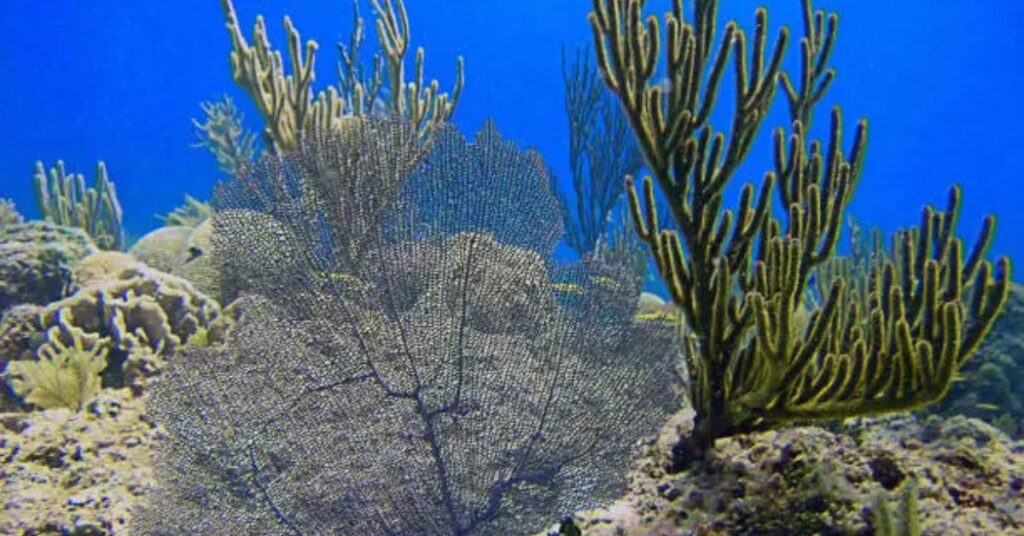
The Florida Keys have earned their reputation as a top diving destination for good reason:
- Accessible Dive Sites: With calm waters and shallow reefs, beginners can ease into scuba diving without feeling overwhelmed.
- Diverse Marine Life: From colorful coral formations to friendly nurse sharks, the Keys are a haven for marine enthusiasts.
- Year-Round Diving: Thanks to its tropical climate, diving is possible in every season.
- Conservation Efforts: The Keys boast protected marine sanctuaries, ensuring pristine underwater ecosystems for generations.
Best Dive Spots in the Florida Keys for Beginners

1. John Pennekamp Coral Reef State Park (Key Largo)
- Why It’s Perfect for Beginners: Known as the first undersea park in the U.S., it offers shallow reefs like Molasses Reef, ideal for new divers.
- What to See: Vibrant coral gardens, tropical fish, and even the iconic Christ of the Abyss statue.
- Tips: Opt for a guided tour to maximize your experience and learn about marine life.
2. Dry Tortugas National Park (Key West)
- Why It’s Perfect for Beginners: Calm, shallow waters with excellent visibility.
- What to See: Historic shipwrecks, vibrant corals, and an array of marine species.
- Tips: Combine your dive trip with a visit to Fort Jefferson for a full-day adventure.
3. Looe Key Reef (Big Pine Key)
- Why It’s Perfect for Beginners: This protected area features shallow depths and minimal currents.
- What to See: Large schools of parrotfish, angelfish, and barracudas.
- Tips: Morning dives often provide the clearest water conditions.
4. Sombrero Reef (Marathon)
- Why It’s Perfect for Beginners: Shallow depths (15-30 feet) and vibrant coral formations.
- What to See: Elkhorn coral, sponges, and various reef fish.
- Tips: Be cautious of snorkelers as this site is popular among both divers and snorkelers.
5. French Reef (Key Largo)
- Why It’s Perfect for Beginners: Known for swim-throughs and coral caves at accessible depths.
- What to See: Spotted moray eels, lobsters, and nurse sharks.
- Tips: Bring an underwater camera to capture the stunning coral formations.
Best Time to Dive in the Florida Keys
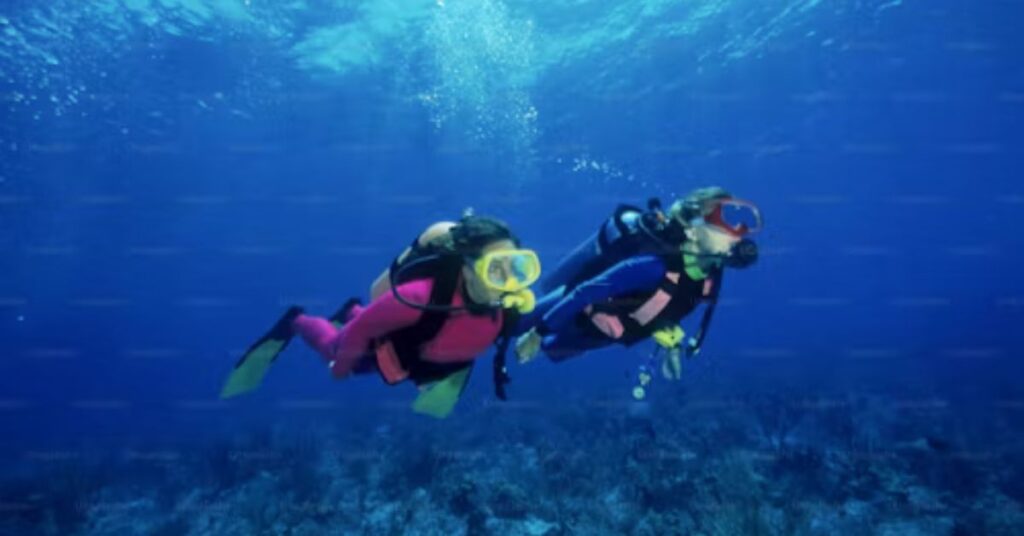
Spring (March-May)
- Why Visit: Mild weather and fewer crowds.
- Conditions: Water temperatures average 75-80°F.
Summer (June-August)
- Why Visit: Peak marine activity and warm water temperatures (80-85°F).
- Conditions: Calm seas, but it’s hurricane season, so monitor forecasts.
Fall (September-November)
- Why Visit: Excellent visibility and discounted dive packages.
- Conditions: Water remains warm, but be prepared for potential storms.
Winter (December-February)
- Why Visit: Escape the cold with tropical waters (70-75°F).
- Conditions: Slightly cooler water, but still comfortable with a wetsuit.
Conclusion
Diving in the Florida Keys offers an unforgettable experience for beginners. With its shallow reefs, guided tours, and family-friendly options, it’s the perfect destination to start your underwater journey. Whether you’re exploring the colorful reefs of John Pennekamp or the tranquil waters of Dry Tortugas, the Keys promise adventure and memories that will last a lifetime.
FAQs
Can beginners dive without certification in the Florida Keys?
Yes, many dive shops offer introductory dives with professional instructors for uncertified beginners. These experiences are guided and limited to shallow depths.
How much does it cost to dive in the Florida Keys?
Dive trips range from $75 to $150 per person, depending on the location and equipment rental. Certification courses typically cost $300-$500.
Are there family-friendly dive options?
Absolutely! Locations like John Pennekamp Coral Reef State Park and Looe Key Reef cater to families with options for snorkeling and diving.
What gear do I need as a beginner?
Basic equipment includes a mask, snorkel, fins, and a wetsuit. Rental options are widely available at dive shops.
Is it safe to dive in the Florida Keys?
Yes, the Florida Keys are beginner-friendly with calm waters and experienced instructors readily available.

